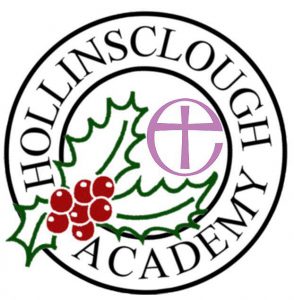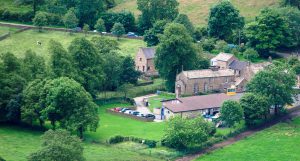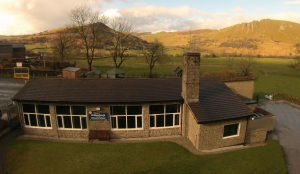Intent, Implementation and Impact
Intent – At Hollinsclough, our intent for mathematics is to teach a rich, balanced, and progressive curriculum using Maths to reason, problem-solve, and develop fluent conceptual understanding in each area.
The intent of our mathematics curriculum is to design a curriculum, which is accessible to all and will maximise the development of every child’s ability and academic achievement. We deliver lessons that are creative and engaging. We want children to make rich connections across mathematical ideas to develop fluency, mathematical reasoning and competence in solving increasingly sophisticated problems. We intend for our pupils to be able to apply their mathematical knowledge to science and other subjects. We want children to realise that mathematics has been developed over centuries, providing the solution to some of history’s most intriguing problems. We want them to know that it is essential to everyday life, critical to science, technology and engineering, and necessary for financial literacy and most forms of employment. As our pupils progress, we intend for our pupils to be able to understand the world, have the ability to reason mathematically, have an appreciation of the beauty and power of mathematics, and a sense of enjoyment and curiosity about the subject.
Implementation – Teachers and governors are kept regularly informed of developments in our frequently reviewed curriculum. Teachers are supported and aided in their roles, ensuring confidence in the skills and facts they are required to teach. Lessons are child-focused and maths is kept fun and current in school, with links to the real world to make learning relevant. Skills are taught systematically, with our Curriculum Policy ensuring consistency in teaching. Pupils are challenged and we believe in a child led approach whereby pupils can take ownership of their learning, choosing their own level of task whilst those who are identified as SEND or underachieving receive additional support, revisiting learning where needed. Mathematics in our school is enhanced by our individual class working walls designed to aid children through each topic, through our TT Rockstars membership and through Active Maths, where learning happens out of doors whenever possible.
Mathematical vocabulary is discussed with the children and they are encouraged to use it independently. Children are given opportunity to reason and solve problems regularly; learning is varied and allows for deep and secure understanding. Parents are informed of their children’s progress and any issues or celebrations through day-to-day contact, parent’s evenings and yearly reports. Teachers help the children to develop fluency through practicing key skills, repeating, reinforcing and revising, which is all built in to formal planning across school. Children receive feedback both written and verbal depending on age, stage and nature of feedback. Discussion is essential to our learning and time is planned into lessons for this, tasks are differentiated to ensure all children are challenged but not over-stretched. Investigative tasks are designed to allow pupils to follow lines of enquiry and develop their own ideas, justifying and proving their answers. Children work both collaboratively and independently solving problems, which require them to persevere and develop resilience.
Impact – The impact of our mathematics curriculum is that children understand the relevance of what they are learning in relation to real world concepts. We have fostered an environment where Maths is fun and it is OK to be ‘wrong’ because the journey to finding an answer is most important. We foster a love of mathematics and a growth mindset, which helps our pupils to make at least expected progress. Our maths books show a range of activities with evidence of fluency, reasoning and problem solving. Our feedback and interventions support children to strive to be the best mathematicians they can be and make good progress in the subject. Children develop skills in being articulate and are able to verbally, pictorially and in written form, reason well.
We track attainment and progress in Mathematics across the school to ensure we deliver progression in line with age related expectations. We have high expectations of ourselves in terms of teaching, and of our children in terms of learning behaviours.


